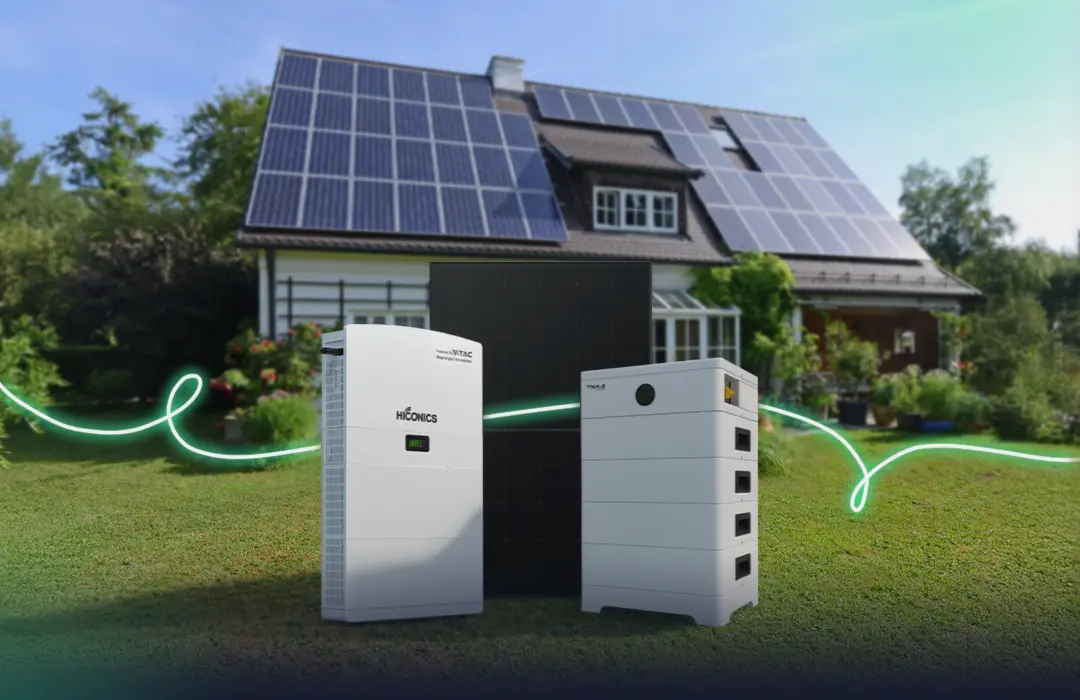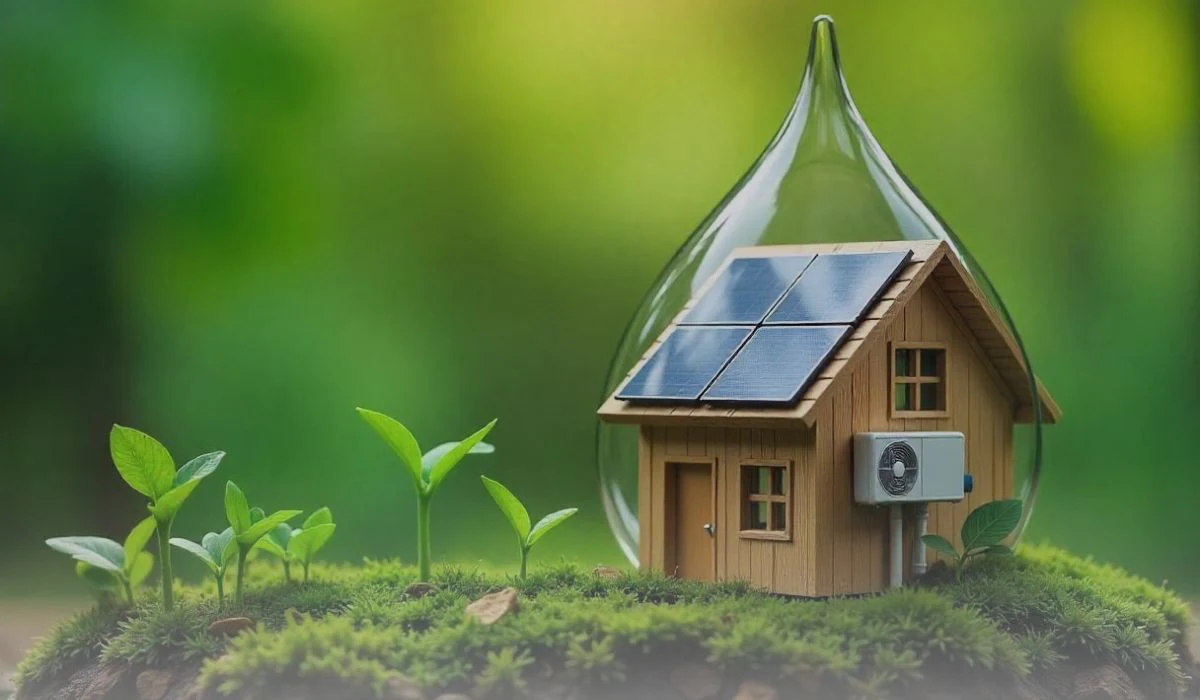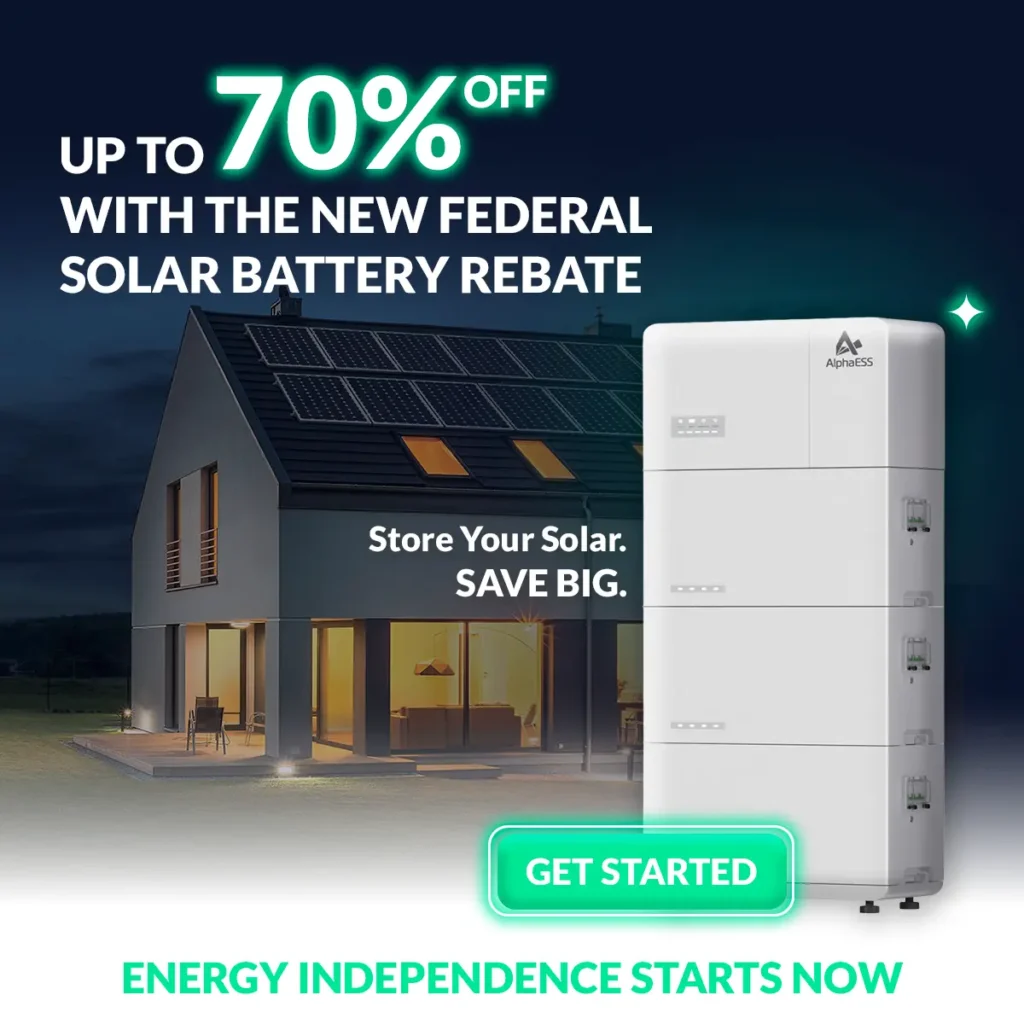Looking to save money on your energy bills while upgrading your hot water system? Whether you’re building a new home or replacing an old system, choosing the right hot water system can help you save in the long run. In this guide, we’ll walk you through how to make a smart investment that cuts costs and is kinder to the environment.
1. Choose the Right Type of Hot Water System
Not all hot water systems are created equal. The type you choose will have a significant impact on both your upfront cost and long-term savings.
- Instantaneous (Tankless) Hot Water Systems
These systems heat water only when you need it, which means there’s no energy wasted keeping a tank of water hot all day. While the initial installation might be higher, you’ll save money on electricity and gas over time. - Solar Hot Water Systems
Harness the power of the sun with a solar hot water system. While these systems require a larger initial investment, government rebates and long-term savings on your energy bills make them a great choice. In Australia, solar hot water systems can cut your energy costs significantly, especially in sunny climates. - Heat Pump Hot Water Systems
Heat pumps work by extracting heat from the air and using it to heat water. These systems are energy-efficient, using less power than electric water heaters and are much cheaper to run compared to gas-powered systems.
2. Take Advantage of Government Rebates
Australia offers several rebates and incentives to help you save on the initial cost of installing an energy-efficient hot water system.
- Small-scale Renewable Energy Scheme (SRES): If you’re installing a solar hot water system, you may be eligible for incentives under the SRES, which can significantly reduce the upfront cost.
- State-Specific Rebates: Depending on your location, you may qualify for additional state-specific programs. For example, Victoria offers the Energy Upgrades program, which provides rebates for energy-efficient systems like heat pumps and solar water heaters.
Be sure to check the eligibility criteria and apply for these rebates when purchasing and installing your new hot water system. Check out Q3 in the FAQs below.
3. Look for Energy-Efficient Models
Energy efficiency is key when choosing a hot water system. While an energy-efficient system may cost more upfront, it will save you money on energy bills over time.
- Energy Star Ratings: Look for systems with high energy star ratings, as these are designed to use less electricity or gas while providing the same amount of hot water.
- Running Costs: For example, solar and heat pump systems generally have much lower running costs compared to traditional electric or gas systems. It’s worth comparing these costs to find the system that will provide the best long-term value.
4. Size Your System Correctly
Choosing the right size hot water system for your household is essential. A system that’s too large will waste energy, while one that’s too small will leave you with cold showers and higher running costs.
- Sizing Tips: For a small household, a smaller system will suffice, but larger families may need a system with a larger capacity. It’s important to match your system’s size with your family’s hot water usage.
Check out Q4 in the FAQs below.
5. Factor in Installation Costs
While it’s tempting to choose the cheapest option, don’t overlook installation costs. It’s essential to hire a licensed installer to ensure the system is properly set up, which can prevent future costly repairs.
- Get Multiple Quotes: Shop around for quotes from licensed professionals to ensure you’re getting a competitive price. A reliable installation job can also increase the lifespan of your hot water system, saving you even more money down the track.
6. Regular Maintenance for Longevity
Once your new system is installed, regular maintenance will help it run smoothly and efficiently for years to come.
- Maintenance Tips: This includes checking for leaks, descaling the system if needed, and ensuring the thermostat is set correctly. Regular maintenance helps avoid breakdowns and extends the life of your hot water system, meaning you won’t need to replace it as quickly.
7. Financing Options
If the upfront cost of a new hot water system is a concern, consider looking into financing options. Some retailers offer interest-free payment plans, allowing you to spread the cost of your purchase over time. Alternatively, some green loans are available for energy-efficient home improvements, which can also help with the upfront cost of a solar or heat pump system.
Check out Q5 in the FAQs below.
Upgrading to a more energy-efficient hot water system is a smart way to save money, reduce your environmental impact, and enjoy reliable hot water for years to come. By choosing the right type of system, taking advantage of rebates, and properly sizing and maintaining your system, you can make a long-term investment that benefits both your wallet and the planet.
FAQs
Q1: How do I know if my current hot water system needs replacing?
If your system is over 10 years old, constantly needs repairs, or your energy bills have spiked, it might be time to consider a replacement.
Q2: What is the difference between a heat pump and a traditional electric/gas water heater?
A heat pump water heater uses electricity to move heat from the air into the water. It consumes less electricity by transferring heat instead of directly generating it, while a traditional electric water heater directly heats water using electrical resistance (like an electric element) or gas combustion.
Q3: What are the requirements to be eligible for government rebates on hot water systems in Victoria?
There are only 6 requirements for you to qualify:
- You live in Victoria.
- You are a homeowner.
- You have not claimed these rebates in the past.
- Your household income is less than $210,000 a year.
- Your property value is less than $3 million.
- Your system is more than 3 years old.
Q4: What size do I need?
The right heat pump hot water system size depends on your household’s hot water usage. A 200–270L system typically suits 2-4 people, while a larger 300–400L unit is ideal for households of 4 or more.
Q5: What payment methods do we accept?
We offer two convenient payment methods. You have the option to make a direct payment to us. Or if you prefer to pay in instalments, you can pay through our payment gateway for a flexible payment solution.
Q6: How much can I expect to save by switching to heat pump hot water?
According to Australian data, switching to a heat pump hot water system can reduce hot water energy costs by up to 60–70% compared to traditional electric storage water heaters. For an average household, this can mean annual savings of approximately $300 to $700, depending on hot water usage and electricity rates. These savings add up over the system’s lifespan, making heat pumps a cost-effective and eco-friendly choice.





